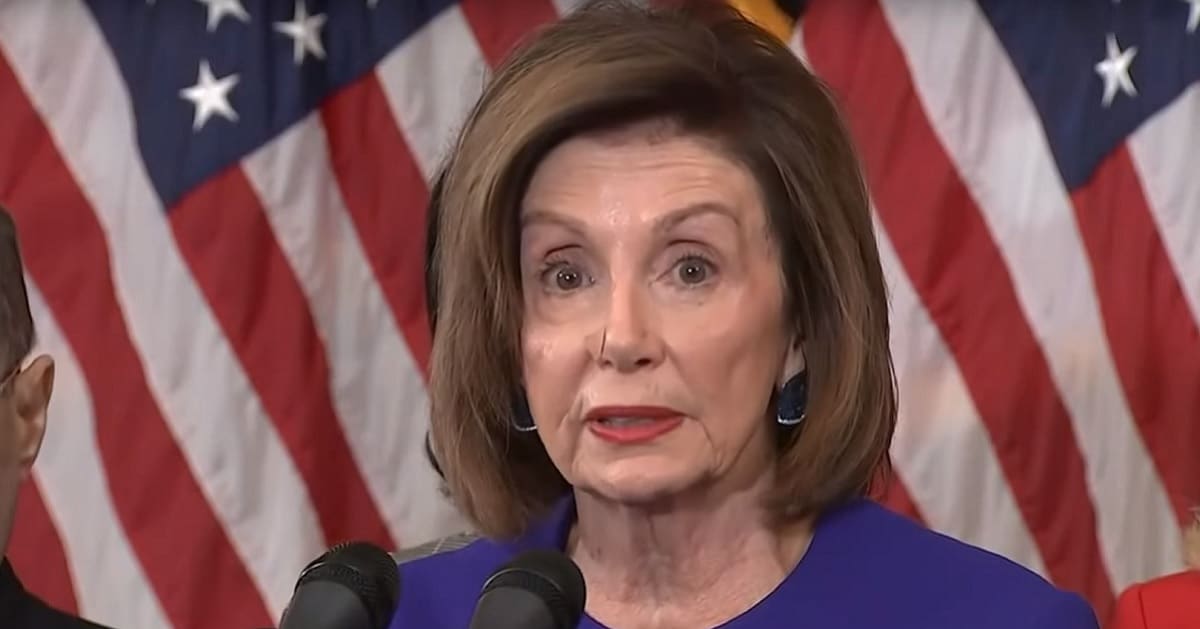




In a bold proclamation, former President Donald Trump has vowed to dismantle the Department of Education and restore educational governance to individual states if he wins a second term.
The Post Millenial reported that during a recent conference, Trump stated his intent to abolish the federal Department of Education, handing control back to the states.
The announcement came during the Faith & Freedom Coalition's "Road to Majority" conference in Washington, DC. Trump expressed his commitment to transfer the authority of education from federal to state hands, aiming for more localized control over policies.
This concept has been a staple in Trump's agenda through previous campaigns, marking a consistent point in his political rhetoric. He emphasizes the need for states to manage education, suggesting this approach would bring about more tailored and effective educational strategies.
Trump has frequently criticized the federal Department of Education, labeling it as an overly bureaucratic entity that complicates educational progress. According to him, state governance could lead to improvements and innovations in educational systems that are not possible under federal oversight.
In a revealing "Fox and Friends" interview, Trump discussed how the elimination of the Department could be implemented. He expressed intentions to make these changes swiftly should he return to office.
The former president also noted that while he was ready to initiate this process during his first term, the onset of the COVID-19 pandemic required a shift in his administration's priorities. This delay, he implied, did not diminish his commitment to educational reform.
Support for Trump's proposal is strong among conservatives, who argue that the federal Department of Education has not only inflated government spending but also played a role in political indoctrination through education.
Many conservative leaders and voters back Trump's call for educational decentralization, viewing it as a means to curb what they see as federal overreach and inefficiency. They believe that state-level administration could foster more responsive and contextually appropriate educational environments.
"I will shut down the federal Department of Education and we will move everything back to the states where it belongs and where they can individualize education and do it with the love for their children," Trump declared, emphasizing the personalization and care that state-level governance could bring to education.
Analysts suggest that such a significant shift in educational governance could lead to varied educational standards across states, potentially affecting national educational performance and equality. Concerns are also raised about the continuity of educational funding and support for disadvantaged regions.
The potential dismantling of the Department of Education under Trump's administration poses many questions regarding the future landscape of American education, especially in terms of equity and access to quality education for all students, regardless of their state of residence.
If implemented, Trump's plan could represent one of the most significant overhauls of the American educational system in recent history. The proposal underscores a fundamental ideological difference about the role of federal government in education between conservative factions and their opponents.
This move could lead to a patchwork of educational policies across the country, with each state determining its own educational destiny. Such diversity could foster innovation but also deepen disparities, according to critics.
In conclusion, Trump’s proposal to shut down the Department of Education and delegate control to the states highlights a clear conservative vision for reducing federal oversight in education.
This initiative reflects ongoing debates about the balance between federal and state power in educational policy, emphasizing a significant shift towards localized educational governance. As this proposal unfolds, it will undoubtedly continue to spark a broad discussion on the future of education in America.



